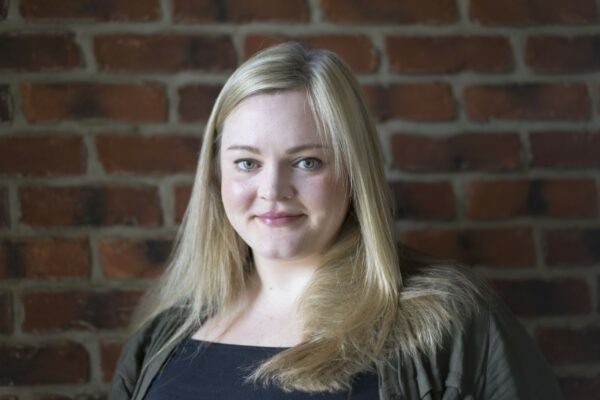RNA Conference 2018: Meet The Industry Professionals – Laura Gerrard
26 June 2018

We are very lucky to have a huge number of industry professionals attending the RNA conference in Leeds this year – agents, publishers and editors – and over the past few weeks, we have been hearing from them about what they do and what they are looking for from their one-to-one sessions with RNA members over the weekend of the conference in July.
Today, we welcome Laura Gerrard, who is a freelance editor. So, over to you, Laura.
*
1. Please could you start by telling us what your current role is and what it involves?
 I am a freelance editor working with authors and publishers on books at various stages of the editorial process. I work on the structural edits, line edits and copy-edits, as well as proofreads once the story is in shape and the book has been typeset. I also work with a literary consultancy to help authors refine their submissions before approaching agents for representation. Before venturing into the world of freelance, I worked at Orion for nine years, most recently as a commissioning editor for women’s fiction.
I am a freelance editor working with authors and publishers on books at various stages of the editorial process. I work on the structural edits, line edits and copy-edits, as well as proofreads once the story is in shape and the book has been typeset. I also work with a literary consultancy to help authors refine their submissions before approaching agents for representation. Before venturing into the world of freelance, I worked at Orion for nine years, most recently as a commissioning editor for women’s fiction.
2. If RNA members get the opportunity to meet with you, what do you ask them to send you, and how do you go about editing their submissions?
I would ask an author to send a synopsis and maybe the first three chapters as well as an author biography – so I could get a sense of the writer too – in the same way that an agent would. That way, I can get a clear picture of the novel and the author’s vision to see how I might be able to work with the author to help them strengthen their plot and characters, and get the book ready for the world.
3. Are there any self-editing tips you could give members before they send their pages in to you?
I always tell authors to read their work out loud as it helps to show where words and sentences aren’t quite flowing well, or reading naturally. Dialogue, in particular can be difficult to get right and it needs to show the differences in characters – for example, children and teenagers obviously speak differently to how adults speak. Brilliantly written dialogue can really bring characters to life so speaking the lines out loud when you’re writing and editing helps to flag the areas where it doesn’t quite sound authentic.
4. What are the most common errors you see in submissions you receive?
When I’m editing, one of the most common notes I make is that the author needs to give a sense of the time passing. I’m sure that the author feels like a month has gone by, for example, but the reader needs to be taken along too so that they don’t get lost within the story. There are so many ways to show time having moved on but it can be easy to forget to do when you’re engrossed in the plot and focused on getting that down on paper.
5. What are you most looking forward to doing over the conference weekend aside from your one-to-one sessions?
I’m looking forward to meeting and talking to lots of people who are passionate about romantic fiction. It’s always brilliant to be out and about talking about incredible books with wonderful authors. I’m looking forward to seeing many friends and colleagues as well as meeting many more – it’s easy to connect with RNA members on Twitter but it’s always much nicer to come out from behind a screen and meet people over a glass of wine! I’ve heard great things about the gala dinner too!
6. Can you tell us the last published book you read which you really enjoyed and why?
I have just finished Tin Man by Sarah Winman which was completely gorgeous. Her debut, When God was a Rabbit is among my all-time favourite novels so I was excited to read this, and it didn’t disappoint. I am also reading quite a lot of crime at the moment; I like to keep some variety in what I read for both work and pleasure.
*



